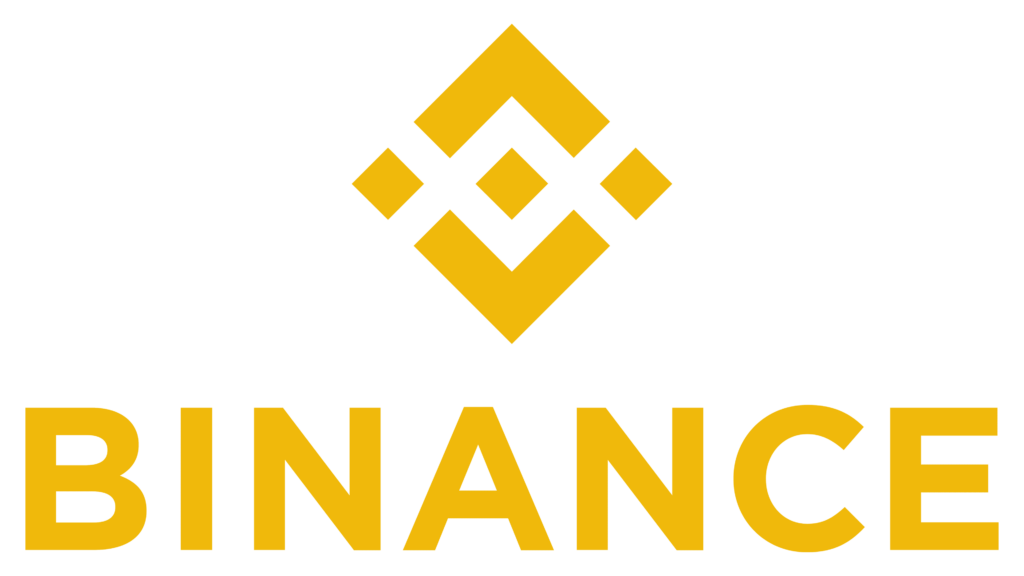Bitcoin Cash: A Revolutionary Upgrade to Bitcoin
In the ever-evolving world of cryptocurrencies, Bitcoin Cash has emerged as a prominent player in recent years. Created to address the scalability issues associated with Bitcoin, Bitcoin Cash offers a unique set of features that distinguish it from its predecessor. In this article, we will delve into the origins of Bitcoin Cash, explore why it was created, and ultimately uncover the key differences between Bitcoin Cash and Bitcoin.
Origins of Bitcoin Cash:
To understand the birth of Bitcoin Cash, we must first comprehend the challenges faced by Bitcoin. Bitcoin, the first-ever cryptocurrency, gained immense popularity due to its decentralized nature and potential for financial autonomy. However, as Bitcoin became more widely adopted, it became evident that it struggled to handle a growing number of transactions efficiently.
In 2017, a group of developers and community members proposed a solution to improve Bitcoin’s scalability issue – the adoption of larger block sizes. This idea resulted in a “hard fork” in the Bitcoin blockchain, leading to the creation of a new cryptocurrency named Bitcoin Cash on August 1st, 2017.
The Key Differences:
1. Block Size: The primary distinction between Bitcoin Cash and Bitcoin lies in their respective block sizes. Bitcoin Cash features a larger block size of 8MB, while Bitcoin maintains a block size of just 1MB. This fundamental change allows Bitcoin Cash to handle more transactions per block, significantly increasing its scalability and transaction speed.
2. Transaction Fees: Due to the enhanced capacity of Bitcoin Cash, it offers considerably lower transaction fees compared to Bitcoin. With Bitcoin, the growing demand and limited block size have resulted in increased fees, often making micro-transactions impractical. Bitcoin Cash, on the other hand, aims to provide a more cost-effective solution, enabling peer-to-peer electronic cash transactions.
3. Difficulty Adjustment: Another notable distinction is the differing approach to difficulty adjustment mechanisms. Bitcoin Cash implemented an adjustable difficulty algorithm known as the Emergency Difficulty Adjustment (EDA). This innovative feature allows the network to respond quickly to changes in mining power while maintaining consistent block generation times. Bitcoin, on the other hand, relies on a more traditional algorithm that adjusts difficulty every 2,016 blocks.
Comparing Alternatives:
Here is a simplified comparison between Bitcoin (BTC) and Bitcoin Cash (BCH).
| Feature | Bitcoin (BTC) | Bitcoin Cash (BCH) |
|---|---|---|
| Release Date | 2009 | 2017 |
| Founder(s) | Satoshi Nakamoto | Bitcoin Community, led by Amaury Séchet |
| Block Time | 10 Minutes | 10 Minutes |
| Block Size Limit | 1 MB | Up to 32 MB |
| Transaction Speed | Varies, typically slower due to network congestion | Faster due to larger block size |
| Transaction Cost | Tends to be higher due to network congestion | Lower, due to larger block sizes |
| Scalability | Limited; improvements sought through solutions like SegWit or the Lightning Network | Higher scalability due to larger block size |
| Adoption and Acceptance | More widely adopted and accepted for transactions | Less adopted compared to Bitcoin; however, some businesses and platforms do accept it |
| Market Cap | Significantly larger | Smaller |
FAQs (Frequently Asked Questions):
1. Is Bitcoin Cash a better investment than Bitcoin?
Both Bitcoin Cash and Bitcoin offer potential investment opportunities. However, the choice depends on individual preferences and investment strategies. It is important to thoroughly research both cryptocurrencies before making any investment decisions.
2. Can I use my Bitcoin wallet to store Bitcoin Cash?
While the underlying technology is the same, it is recommended to use wallets specifically designed for Bitcoin Cash to ensure compatibility and avoid any potential errors.
3. Can I convert Bitcoin into Bitcoin Cash?
Yes, it is possible to convert Bitcoin into Bitcoin Cash through various exchanges and platforms that support both cryptocurrencies.
Conclusion:
Bitcoin Cash represents a significant upgrade to Bitcoin, addressing the scalability issues faced by the pioneer cryptocurrency. With its larger block size, lower transaction fees, and innovative difficulty adjustment mechanism, Bitcoin Cash offers a promising alternative for those seeking faster, more affordable transactions. As the cryptocurrency market continues to evolve, Bitcoin Cash has firmly established itself as a key player, challenging the dominance of Bitcoin and contributing to the broader adoption of decentralized digital currencies.







